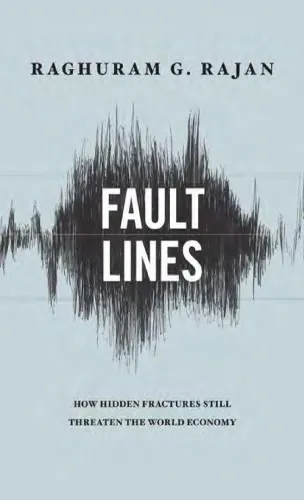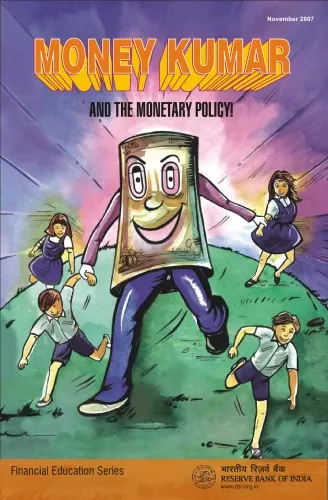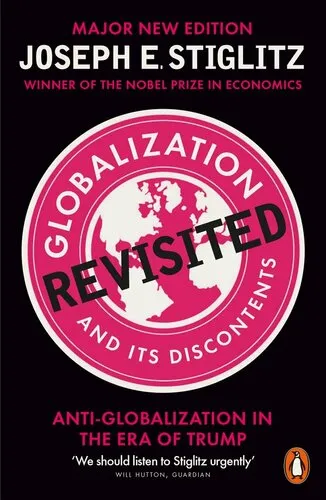Fault Lines: How Hidden Fractures Still Threaten the World Economy
4.5
Reviews from our users

You Can Ask your questions from this book's AI after Login
Each download or ask from book AI costs 2 points. To earn more free points, please visit the Points Guide Page and complete some valuable actions.Related Refrences:
Welcome to the insightful world of "Fault Lines: How Hidden Fractures Still Threaten the World Economy," a profound analysis of the intricate dynamics and underlying tensions that continue to shape the global economic landscape. Authored by Raghuram G. Rajan, a world-renowned economist, this book delves into the fundamental vulnerabilities of the economic system that were exposed by the financial crisis of 2008 and persist in various forms today.
Detailed Summary of the Book
"Fault Lines" explores the structural weaknesses of the global economy by examining the deep-seated imbalances and pressures that preceded and followed the financial crisis. Rajan identifies several interconnected domestic and international fault lines, including the divergent economic trajectories of different countries, wage stagnation amid rising productivity in developed nations, and the political and social repercussions of financial instability.
The book begins by analyzing how political systems in developed countries often prevent governments from addressing growing inequalities and stresses, leading to short-term fixes like excessively easy monetary policies. Rajan discusses how these policies contributed to unsustainable credit booms in several countries, which eventually culminated in the 2008 crisis. He also critically examines how political pressures in the United States favored financial sector growth at the expense of broader economic stability.
On a global scale, Rajan explores how trade imbalances between economies, particularly between the United States and emerging markets like China, further exacerbate financial tensions. He highlights the global consequences of these imbalances, arguing that they can set off a chain reaction leading to economic instability worldwide.
Throughout the book, Rajan weaves a narrative that brings together economic theories, historical examples, and policy recommendations. He emphasizes that while past solutions may have temporarily mitigated economic volatility, the core issues remain unaddressed, posing a lingering threat to global prosperity.
Key Takeaways
- The persistence of economic inequalities contributes to dangerous imbalances both within and between nations.
- Structural deficiencies in the global financial system are not just economic but deeply political.
- Policy-makers must balance short-term economic fixes with long-term structural solutions.
- The need for a concerted global effort to address trade imbalances and financial regulation.
Famous Quotes from the Book
"The arms race in risk-taking is not necessarily visible, nor does it appear to be economically efficient. Rather, it is a symptom of deep fissures in society."
"We should avoid glorifying finance and instead do something to restore the balance between it and the real economy."
Why This Book Matters
"Fault Lines" continues to be of critical importance in understanding the global economic environment. As the world increasingly grapples with financial instability, trade tensions, and political upheavals, Rajan's insights offer a timely reminder of the fundamental issues that remain unresolved. The book serves as a crucial resource for economists, policymakers, and anyone interested in the intricate dance of global economics and politics.
Free Direct Download
You Can Download this book after Login
Accessing books through legal platforms and public libraries not only supports the rights of authors and publishers but also contributes to the sustainability of reading culture. Before downloading, please take a moment to consider these options.
Find this book on other platforms:
WorldCat helps you find books in libraries worldwide.
See ratings, reviews, and discussions on Goodreads.
Find and buy rare or used books on AbeBooks.
1365
بازدید4.5
امتیاز0
نظر98%
رضایتReviews:
4.5
Based on 0 users review
Questions & Answers
Ask questions about this book or help others by answering
No questions yet. Be the first to ask!














